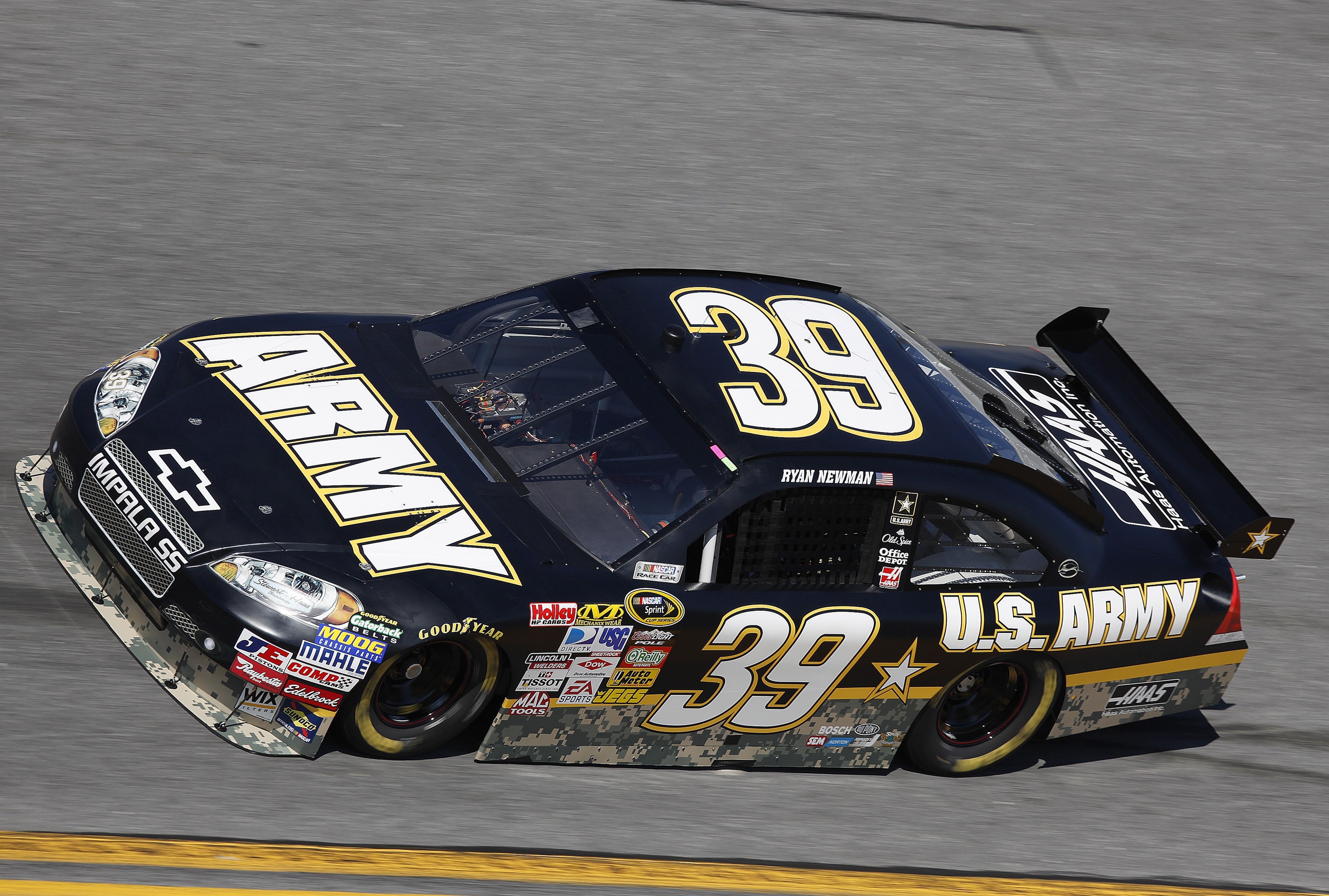I’ve felt middle-aged ever since I was 15. Look, I grew up as the only American kid in a Greek public school. I was lonely, awkward and sometimes bullied. So I started Taekwondo. Because nobody messes with you when you know Taekwondo, right? Anyway. My coach said he’d buy a heavy bag for anyone who kicked a hole into the gym’s bag. I believed him. I’d be in that sweaty back room for hours, practicing roundhouses until the tops of my feet bled. School, train, homework, train. The other staff told me I was driving my body into the ground. Your poor joints, they said, all this kicking, jump-roping, running and lifting. You need your rest. I told them it wouldn’t matter — I was joining the military and wouldn’t live past 30. But I kept hearing the same thing: you’re doing too much; you’ll hurt yourself; slow down.
And well, they were right. After 10 years of running hills with rucksacks, ducking from gunfire, diving rickety gear, jumping from airplanes and dropping grenades at demo ranges, nothing has killed me yet. Now, in my thirties, I’m stuck in a body with ankles that grind like sandpaper every time I stand up. My fingers move like I have wood glue in my knuckles. My warm-ups take 30 minutes, my knee has three surgical scars and my shoulder just got seven.
But how many — and you’ll only need one guess — of those people who told me to slow down and be careful, moved to the other side of the world and became Navy SEALs, butt models and Stanford students? How many have jet-booted around the bottom of tropical oceans, stood on Jiu Jitsu podiums with sweat and chafing and strained neck muscles, or felt the sky rush past them at 130 MPH while wearing American flag speedos?
Now that I’m out of the Navy, I hear the same thing all over again. Your body is a temple, they say. You only get one body, they say. Cherish it, be gentle with it, use moderation. Ultramarathons are too long. Powerlifting is too heavy. Pursuing art is too risky. Sleep for eight hours, take a bath, light a candle, tune the world out, listen to soothing music. You need to be ordered, comfortable, predictable before you can be happy or even content. Manage stress, they say, avoid discomfort, slow down.
They say there’s always tomorrow, next week, next year.
But how many more times do I get to say that? This year, I’ll be 32. So old, I know. But 31 was simple. A gentle prime all the way at the bottom of a decade. Thirty-two? Big and even with five clean divisors. It’s another reminder, along with my slowly receding hair, the wrinkles around my eyes and the pinched nerve in my neck that just won’t go away… That I’m slowly dying.
Dying. Then what do I do with all that saved up health, restraint and adversity avoidance, all those nights of full sleep, when my telomeres expire, time runs its inevitable course and the flesh starts rotting off my bones? What good is the security I would have gotten from staying in corporate for eight more years instead of going back to school? How useful would all those rejection-free days have been if I never send my first professional submission to The New Yorker?
“I’m so glad I got all that extra sleep and didn’t take any risks.” — No dying person ever.
Ellen Bass says “Do as much as you can of what you love.” Charles Bukowski says “Find something you love and let it kill you.” We need more stress, more hard work, but on what truly matters to us. We need more emotion, not less, but the kind that truly expresses us. We need more suffering, more pain, but the kind that gives us personal meaning.
Compassion, kindness, caring, courage — everything that matters hurts. Being alive hurts.
But I promise you: one day we’ll all be dead and nothing will ever hurt again. That’s why I quit the Navy and slept in my garage for three months to write my college application essays. That’s why I went back to martial arts after knee surgery and I’ll go back again after my shoulder heals. It’s why I spend sleepless nights locked in my room writing stories and poems that I’ll think are crap a week later and nobody else will read. Our bodies are not temples — they’re borrowed vehicles. But no one’s checking their condition when we turn them in.
So drive it like you stole it.
Contact Nestor Walters at waltersx ‘at’ stanford.edu.
